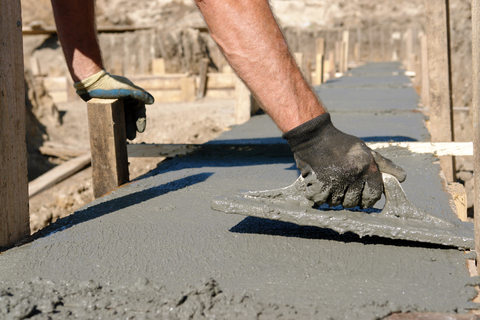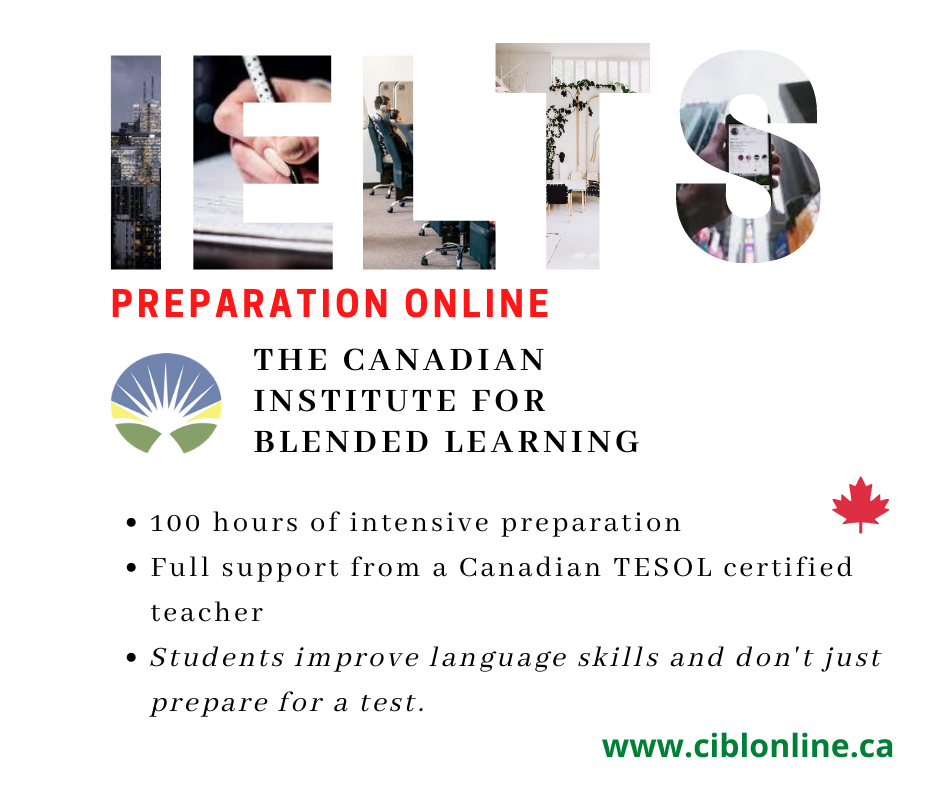Rural and Northern Pilot Program
The Rural and Northern Immigration Pilot is a community-driven program. It’s designed to spread the benefits of economic immigration to smaller communities by creating a path to permanent residence for skilled foreign workers who want to work and live in one of the participating communities.
There are two categories of eligibility requirements
- IRCC eligibility requirements and
- YThe community-specific requirements
Work experience
You need 1 year of continuous work experience (at least 1,560 hours) in the past 3 years. To calculate your hours of work experience
-
count the hours worked in part-time and full-time jobs
- The hours must be in 1 occupation, but they can be with different employers.
- The hours must be over a period of at least 12 months.
- These working hours can be inside or outside Canada.
- If you worked in Canada, you must have been allowed to work in Canada.
- don’t count hours you weren’t paid for (volunteering or unpaid internships don’t count)
- don’t count hours when you were self-employed
Your work experience must include
- most of the main dutie
- the activities listed in the lead statement of your NOC
You can see which duties are involved by searching your job title on the NOC web page
Exemption for accumulating work experience over a continuous period
Due to work interruptions caused by the COVID-19 pandemic, you’re now exempt from the requirement to accumulate work experience over a continuous period.
You can now accumulate qualifying work experience of at least 1 year of full-time work (or an equal amount in part-time) within the last 3 years, whether that work experience is continuous or not.
All other requirements for work experience and eligibility criteria must be met.
International students
You’re exempt from the work experience criteria above if you’re an international student who graduated with:
-
A credential from a post-secondary program of 2 years or longer and you
- were studying as a full-time student for the full duration of the 2+ years
- received the credential no more than 18 months before your application for permanent residence
- were in the community for at least 16 of the last 24 months spent studying to get your credential
-
A master’s degree or higher and you
- were studying as a full-time student for the duration of your degree
- got your degree no more than 18 months before your application for permanent residence
- were in the community for the length of your studies
Or
You cannot apply as an international student if your credentials are from a program in which
- studying English or French made up more than half of the program
- distance learning made up more than half of the program
- a scholarship or fellowship was awarded that requires you to return to your home country to apply what you learned
Language requirements
You must meet the minimum language requirements based on the NOC category that applies to the job offer in the community. This can either be the
- Canadian Language Benchmarks (CLB) or
- Niveaux de compétence linguistique canadiens (NCLC)
The minimum language requirements for each NOC category are
- NOC 0 and A: CLB/NCLC 6
- NOC B: CLB/NCLC 5
- NOC C and D: CLB/NCLC 4
You must submit your results from a designated language test. These results must be less than 2 years old when you apply.
Educational requirements
You must have one of the following:
- a Canadian secondary school (high school) diploma, or
- a Canadian post-secondary certificate, diploma or degree, or
- an educational credential assessment (ECA) report, from a designated organization or professional body, showing that you completed a foreign credential that’s equal to a Canadian secondary school (high school) or post-secondary certificate, diploma or degree (your ECA report must be less than 5 years old on the date of your application).
Job Offer
You must have a job offer that is:
- from an employer that carries on business in the community
- full time and non-seasonal,
- for an indeterminate period (no end date),
- At the same skill level, 1 level above or 1 level below the NOC that applies to your work experience.
Note: If your experience is in NOC skill level D, then the job you’re being offered must be in the same occupation.
For example:
- NOC 0 job offer: work experience in NOC 0 or A
- NOC A job offer: work experience in NOC 0, A or B
- NOC B job offer: work experience in NOC A, B or C
- NOC C job offer: work experience in NOC B or C
- NOC D job offer: work experience in the same occupation
The main duties of your job offer will be reviewed to confirm that it meets the NOC skill level.
You must submit an “Offer of Employment to a Foreign National - Rural and Northern Immigration Pilot (IMM 5984)” with your application. Your employer must complete this form and send you a copy to include with your application. You must read and sign the declaration at the bottom of the form.
Working in Canada
You must show that you meet the employment requirements of the job you are offered. These may include education, training or other qualifications in the NOC description. For regulated occupations, you do not need to meet Canadian licensing requirements.
Regulated occupations
Twenty percent of people working in Canada work in jobs that are regulated to protect the health and safety of Canadians. Examples include:
- nurses
- engineers
- electricians
- teachers
Provincial and territorial regulatory bodies are responsible for:
- establishing entry requirements for individual occupations;
- recognizing prior credentials, training and experience; and
- Issuing licenses required to practice.
The recognition process varies between provinces and territories and between occupations. Recognizing qualifications and issuing licenses can generally only be done in Canada. The process can take time. You may be asked to:
- provide documentation of qualifications
- do a language exam (which may differ from those needed for immigration)
- complete a technical exam (with accompanying fee)
- do supervised work
Non-regulated occupations
For non-regulated occupations, there are no set requirements and there is no legal requirement to get a license. The employer will set the standards and could ask for registration with a professional association.
Settlement funds
Unless you’re already working legally in Canada when you apply, you must prove you have enough money to support yourself and any family members while you get settled in your community.
You must prove you have enough money to support any family members you may have, even if they’re not coming to Canada with you.
Intend to live in the community
To participate in the pilot, you must plan to live in the community.
Community-specific requirements
Each community will have additional requirements for applicants. Visit their websites to learn about their community-specific requirements.
Community websites
The pilot will launch in participating communities at different times. If a website is listed as “coming soon,” the pilot hasn’t launched in that community.
| COMMUNITY | COMMUNITY WEBSITES |
|---|---|
| North Bay, ON | https://northbayrnip.ca/ |
| Sudbury, ON | https://investsudbury.ca/why-sudbury/newcomers/ |
| Timmins, ON | http://www.timminsedc.com/residents/immigrate-to-timmins/ |
| Sault Ste. Marie, ON | https://welcometossm.com/rnip/ |
| Thunder Bay, ON | https://gotothunderbay.ca/why-thunder-bay/rural-and-northern-immigration-pilot/ |
| Brandon, MB | http://www.economicdevelopmentbrandon.com/BrandonRNIP |
| Altona/Rhineland, MB | https://www.seedrpga.com/immigration-pilot |
| Moose Jaw, SK | https://www.moosejawrnip.ca/ |
| Claresholm, AB | http://www.claresholm.ca/rural-northern-immigration-pilot |
| Vernon, BC | https://rnip-vernon-northok.ca/ |
| West Kootenay (Trail, Castl | https://wk-rnip.ca/ |
Complete this form, and submit to our professional staff, you will be contacted within 2 business days by our company with a solution Apply today! | |






